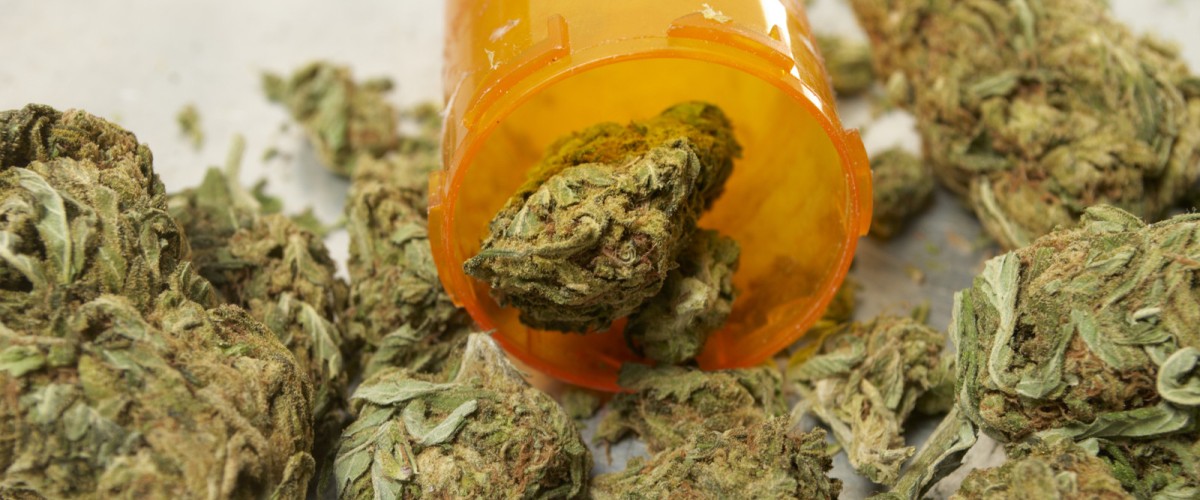In a closely watched case, an appeals court just agreed to put on hold a circuit judge’s ruling that said Florida lawmakers and the state Department of Health have violated a 2016 constitutional amendment that broadly legalized medical marijuana.
The 1st District Court of Appeal approved a stay of the ruling but also said consideration of the underlying issues in the case would be “expedited.” The Florida Department of Health went to the appeals court in October after Leon County Circuit Judge Charles Dodson sided with the Tampa-based firm Florigrown in a battle about how the state is carrying out the constitutional amendment.
Dodson found that a 2017 law was unconstitutional and issued a temporary injunction requiring state health officials to begin registering Florigrown and other medical-marijuana firms to do business. Dodson’s ruling targeted parts of the law that placed caps on the number of medical-marijuana licenses and dealt with issues such as the creation of a “vertical integration” system that requires marijuana operators to grow, process and sell medical marijuana — as opposed to businesses being licensed to play different roles in the industry.
The case could open the door to more firms doing business in that broadly legalized medical marijuana.Florida’s fast-growing medical marijuana market. Florigrown, for example, filed the lawsuit after being denied approval by the Department of Health.
In arguing for the stay, Department of Health attorneys this month wrote that allowing Dodson’s order to “take effect injects confusion and uncertainty into the implementation of the medical marijuana amendment and the registration of MMTCs (medical marijuana treatment centers, as the firms are known) throughout Florida,” the filing said. “Under the existing status quo, the department may only grant an MMTC license to an entity after vetting its qualifications. In contrast, under the injunction order, it is unclear how the department would determine which entities are qualified to operate as an MMTC, or if any registration process would exist at all. This is because the department’s authority for establishing such rules … would be gone, nullifying the implementing rules already established by the department.”
But attorneys for Florigrown disputed such arguments.
“Contrary to the department’s assertions, Florigrown produced an abundance of evidence establishing the public harm that is occurring because of the Legislature’s unconstitutional limits on the registration of medical marijuana treatment centers,” the firm’s attorneys said in a brief last week. “It also established that sufficient guidelines already exist to protect the public. The department produced no evidence or testimony to the contrary. All the trial court has done is direct the department to allow the ‘registration’ of MMTCs. Once an MMTC is registered, it must still meet other requirements before it can actually commence operations.”
The Department of Health’s appeal of Dodson’s ruling in October triggered an automatic stay. But Florigrown then returned to Dodson and requested that he vacate the stay — which he did in a Dec. 4 order.
Attorneys for the department then went to the appeals court, essentially asking that the stay be reinstated while the appeal of Dodson’s October ruling moves forward.
The Tallahassee-based appeals court granted that request, saying in a one-page order that “The stay shall remain in effect pending final disposition of the merits of this appeal.”
As is common in such orders, the appeals court did not explain its reasoning. But it also said the appeal will be expedited.
With Florida potentially one of the most-lucrative markets in the country for medical marijuana, disputes about licenses have led to numerous court and administrative fights. More than 71 percent of voters approved the medical-marijuana constitutional amendment in 2016.
In the appeals-court filing this month, the Department of Health said “14 medical-marijuana treatment centers had been registered and licensed and that they operated 72 dispensing locations across the state.”
Source: SunSentinel


